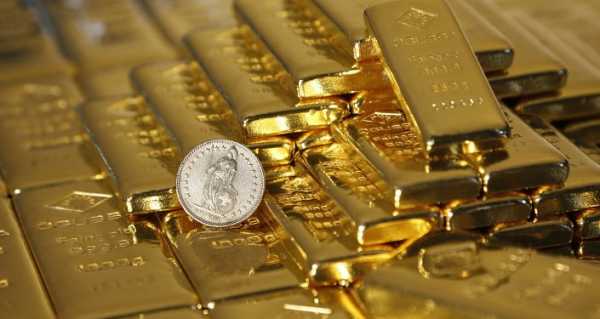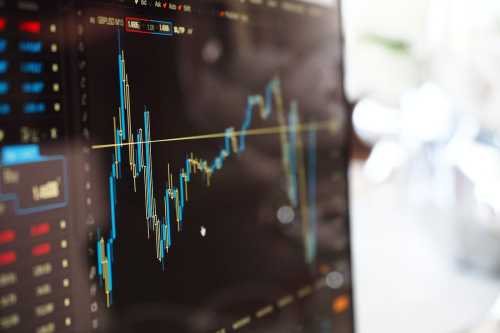
Gold prices continue to rise amid fears of post-COVID inflation and growing geopolitical tensions, with financial experts predicting that it will reach $1,850/oz in the next few weeks and push prices to $2,000 in the second half of the year. Is it time to hoard bullion?
The Friday spike in gold prices was largely caused by reports of weak US retail sales in April that put downward pressure on both the US dollar and US Treasury yields. The precious metal has a good chance of rebounding to $2,000/oz as it did in August 2020, according to market analysts including Goldman Sachs.
Meanwhile, some Wall Street old-timers are switching from major currencies and bonds to gold as a hedge against inflation. Earlier this month, American billionaire businessman Sam Zell told Bloomberg that he had reconsidered his attitude towards bullion as inflation is swirling literally everywhere.
“It feels very funny because I’ve spent my career talking about why would you want to own gold? It has no income, it costs to store. And yet, when you see the debasement of the currency, you say, what am I going to hold on to?” he said.
According to the billionaire, the present situation is “very reminiscent of the 1970s”. The 1973-74 global stock market crash hit a lot of countries. Between 1970 and 1979, the Dow Jones industrial average gained just 4.8 percent in the United States. Zell noted that currently investments in oil and gas, renewables, or the real estate and retail sectors do not appear quite reliable in contrast to the precious metal.
The Wall Street analyst explains that participants in the American economy “have inflated a gigantic bubble in most asset prices since December 2008, by supporting massive government deficits and artificially suppressed interest rates.”
“In hindsight, perhaps promoters of these reckless practices may be held to account,” he notes. “But, for now, voters and central bankers are not prepared to deflate the bubble by reducing government debt and deficits and pushing for interest rates that are higher than inflation in consumer prices.”
How Could One Invest in Gold?
Given the inflation risks, both seasoned financial players and common consumers are opting to invest in gold in various forms. The Wall Street analyst highlights that making the choice to bet on bullion heavily depends on local laws worldwide.
When it comes to the United States, “investors in physical gold or precious metals pay substantial taxes and holding costs”, Ortel highlights. Therefore, (unless one “like to see and hold” his/her golden ingots) it would be, probably, wiser “to invest in well-managed mining companies that pay regular dividends and have low production costs, operating in nations where expropriation risks are low”, according to the analyst.
According to Ortel, choosing among these investment options will require one to understand his/her personal tax consequences: “So, I would make sure to consult your own investment advisor(s) before making any investments, gold or otherwise,” he suggests.
Causes of Global Inflation
Currently, US inflation is soaring at its fastest pace in more than 12 years, while the Federal Reserve is betting that the stay at these high levels will be brief. According to CNBC, the Consumer Price Index – a measure of the average change over time in the prices of consumer goods and services – rose 4.2% from a year earlier.
However, the post-COVID inflation is affecting nearly everyone. The Financial Times notes that global markets have been tense as politicians and investors witness the signs of soaring inflation amid global economic recovery from the COVID pandemic.
Thus, the Food and Agriculture Organisation’s (FAO) global food price index – which tracks monthly changes in the international prices of commonly-traded food commodities – have been increasing for ten consecutive months reaching its highest level since June 2014 in March 2021.
“A prolonged disruption in global supply chains and the resurgence of Covid-19 in some emerging markets fueled commodities prices’ climb,” Wall Street Journal explained. However, the unfolding problem is not limited to that, according to Ortel.
Sourse: sputniknews.com






